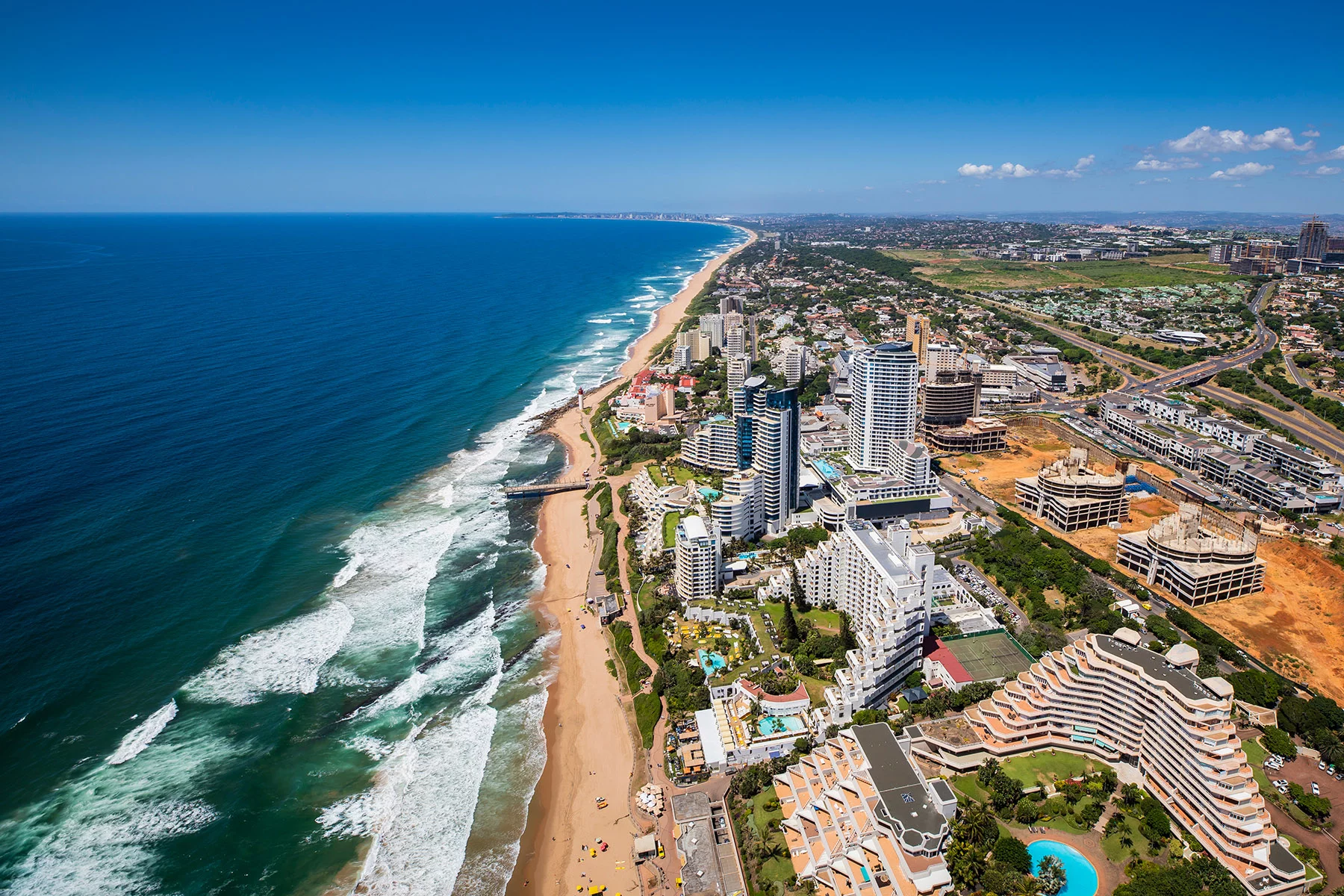Adventure and pure enchantment awaits
Expatica South Africa

Expat guides
Explore
Editor's picks

The healthcare system in South Africa
South Africa’s healthcare is a two-lane road: public for accessibility, private for quality. Here’s how to find the medical care you need.
Read More

Languages in South Africa: a brief introduction
South Africa has 12 official languages. Learn more about these, especially the most spoken ones – isiZulu, isiXhosa, Afrikaans, and Sesotho sa Leboa.
Read More

South African visas and residence permits
Want to visit, live, work, or study in Mzansi? Learn how to apply for the correct visa for South Africa based on your situation.
Read More






